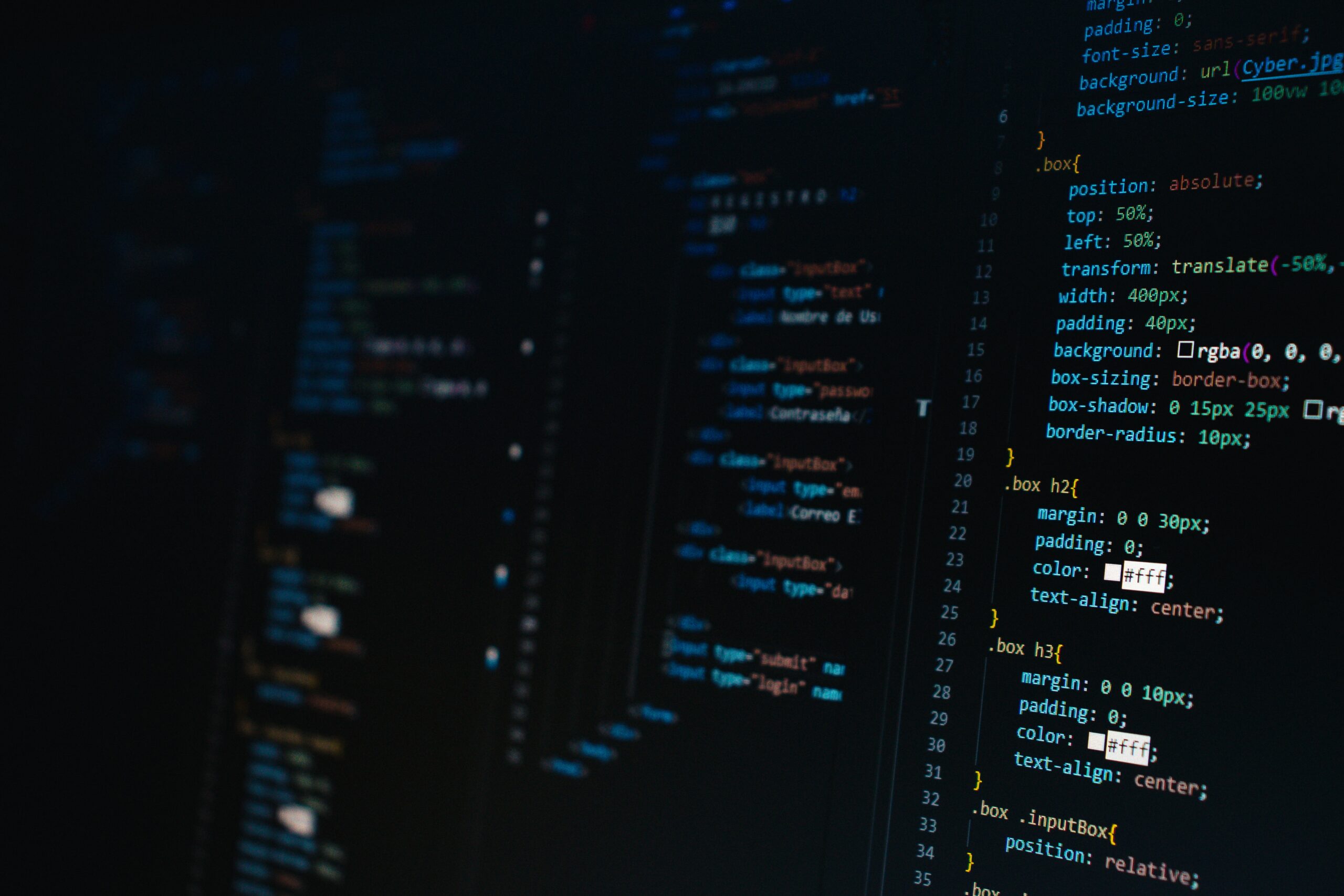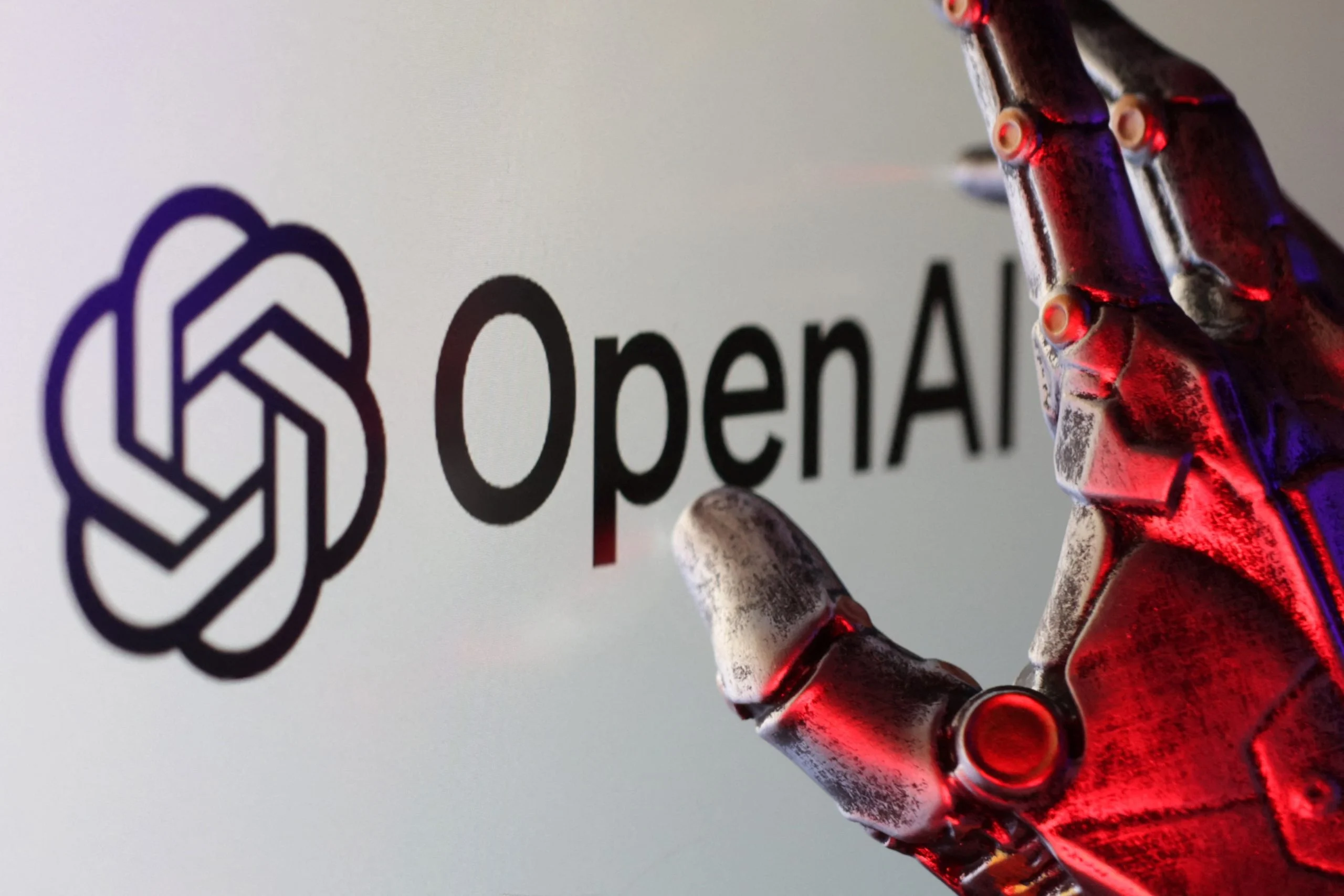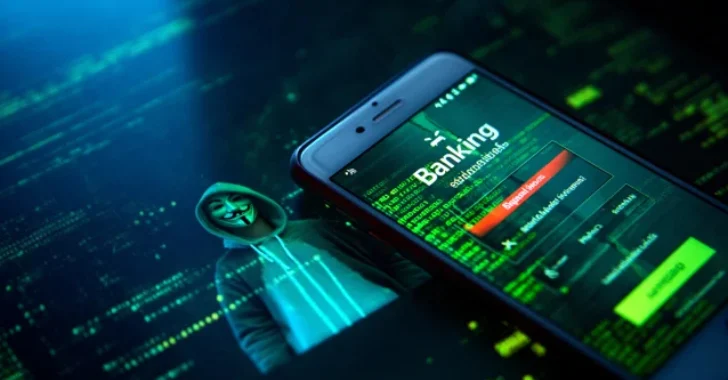Data Tokenization
Data is currently one of the most valuable resources businesses can use, thus keeping it Secure is essential. Data Leaks and Breaches have increased in frequency while Data Security and Governance are frequently listed as data leaders’ biggest issues.
Organizations are increasingly using data Tokenization, a procedure that replaces Sensitive Data, like a Customer’s Social Security Number or bank account number, with a token, a randomly generated data string, to reduce threats to data privacy. It’s important to note that tokens lack any intrinsic significance and cannot be decoded to expose the original data they represent. The actual data the token represents may only be acquired by using the system that generated it thanks to a procedure called de-tokenization.
This Video takes a closer look at what Data tokenization is and how it works. We’ll also explore some common data tokenization use cases…
The Importance of Data Tokenization for Data Security
According to a study of Data Professionals, 75% of firms gather and keep sensitive data that they either already use or plan to utilize. By replacing it with tokens that stand in for the actual data, Tokenization is a method for securing that data. For instance, A random sequence of Numbers, letters, or Symbols could be used in place of a customer’s 16-digit Credit Card Number. Any online payments would be infinitely more secure as a result of this tokenization Procedure, which would make it impossible for a potential attacker to use the Customer’s Credit Card Details.
Businesses who adopt Tokenization are still able to use their data as they have in the past, with the added benefit of being Protected from the Dangers that come with retaining Sensitive Data. This reduces their vulnerability to data breaches and puts them in a much better position to comply with a wide range of constantly changing data compliance laws and regulations.
Data tokenization assists businesses in finding the ideal balance between maximizing the value of their data and maintaining its security. It’s a successful method of obtaining crucial information without expanding the surface area for risk in highly regulated sectors like healthcare and financial services. Additionally, by providing customers with the assurance that their Personally Identifiable Information (PII) won’t end up in the wrong hands, Data Tokenization can assist gain their trust.
What Situations Call for Data Tokenization?
Top Use Cases for Tokenization
Data Tokenization can assist in data protection in a variety of situations in addition to improving the security of jobs like Online Payments. These consist of:
PCI DSS Compliance
To guarantee that data is handled securely, the Payment Card Industry Security Standard (PCI DSS) is applicable to all Businesses that receive, process, store, or transmit Credit Card Information. Because tokens are frequently exempt from compliance standards like PCI DSS 3.2.1, data tokenization is utilized to meet this standard, provided that there is a sufficient degree of separation between the tokenization implementation and the applications employing the tokens. Therefore, using Tokenization can help Businesses save a lot of Time and Administrative Work.
Data Sharing with Third Parties
Sharing sensitive data with third parties instead of tokenized data removes the dangers usually involved with providing outside parties’ access to such information. Additionally, tokenization enables the companies in charge of the data to avoid any regulatory obligations that might be applicable when data is shared between environments and nations, including Data localization Regulations like the GDPR.
Least Privilege Management Principle
People should only have access to the specific data they require to execute a task, according to the concept of least privilege. The least-privileged access to sensitive data can be achieved with tokenization. Tokenization can assist make sure that only individuals with the right access can complete the de-tokenization process to access sensitive data in situations where data is mixed together in a data lake, data mesh, or other repository.
Tokenization is useful for reducing hazards that may have been detected through a risk assessment procedure or threat model, as well as for allowing sensitive data to be used for other reasons, such as data analysis.
Blog By: Priyanka Rana

03
FebData Tokenization
Feb 03, 2023Recent Blog
The Frontier Technologies Readiness IndexApr 07, 2025
Vikram 3201 & Kalpana 3201Apr 04, 2025
The Open Weight Language ModelApr 03, 2025
Asia Cup 2025Apr 02, 2025
The CrocodilusApr 01, 2025




